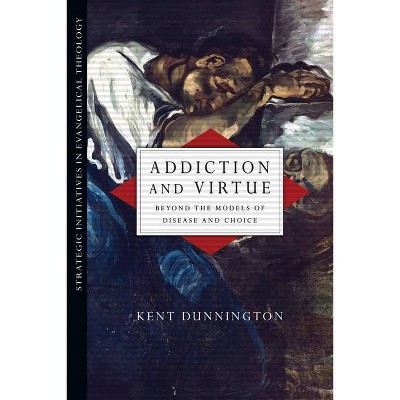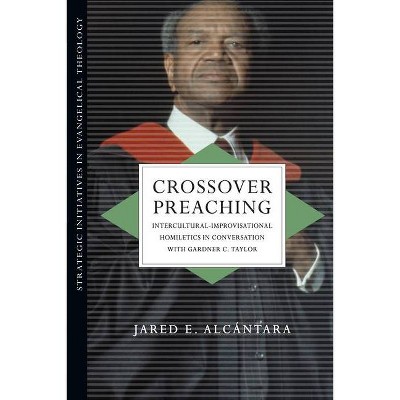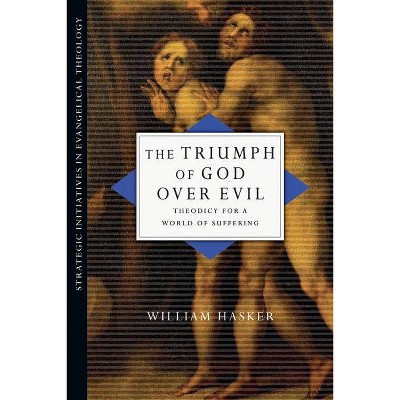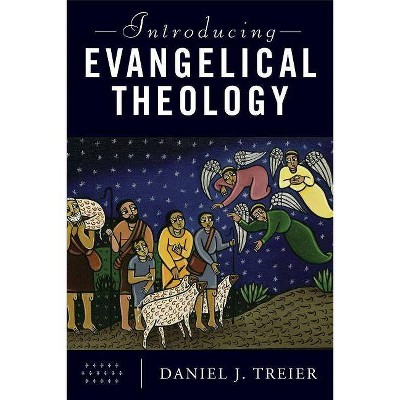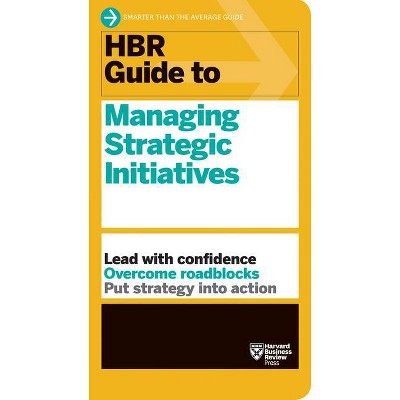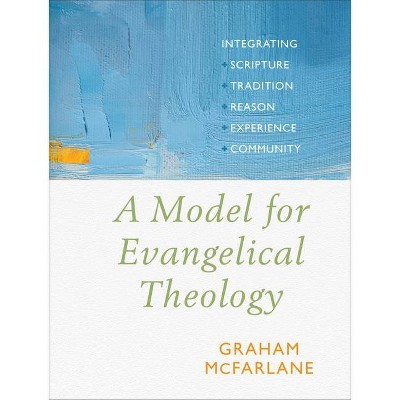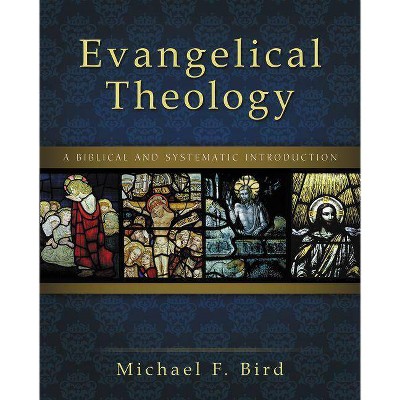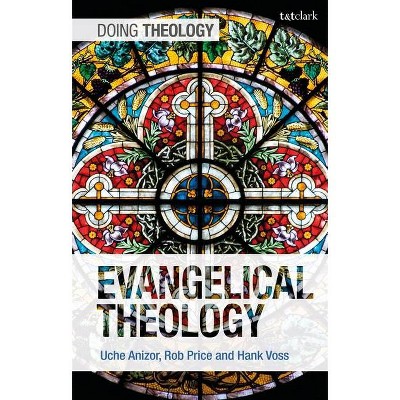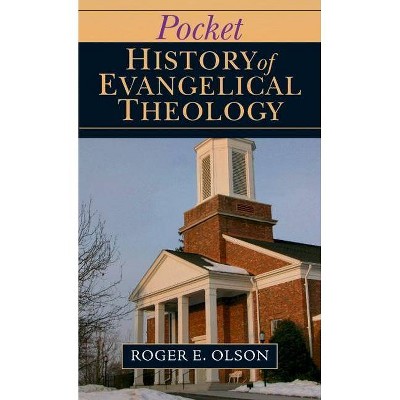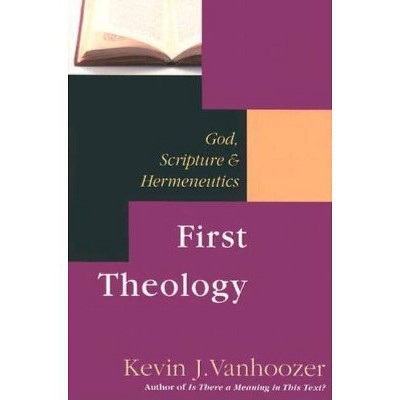Theology's Epistemological Dilemma - (Strategic Initiatives in Evangelical Theology) by Kevin Diller (Paperback)
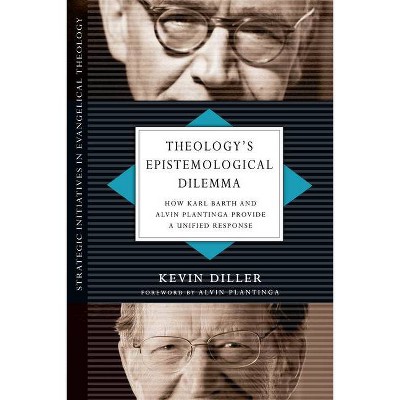
Similar Products
Products of same category from the store
AllProduct info
<p/><br></br><p><b> About the Book </b></p></br></br><p>Karl Barth and Alvin Plantinga are not thought of as theological allies. Barth is famous for his opposition to philosophy's role in theology, while Plantinga is famous for his emphasis on warranted belief. Kevin Diller argues that they actually offer a unified response to the central epistemological dilemma in theology.</p><p/><br></br><p><b> Book Synopsis </b></p></br></br><p>The problem of faith and reason is as old as Christianity itself. Today's philosophical, scientific and historical challenges make the epistemic problem inescapable for believers. Can faith justify its claims? Does faith give us confidence in the <em>truth</em>? Is believing with certainty a virtue or a vice? In <em>Theology's Epistemological Dilemma</em>, Kevin Diller addresses this problem by drawing on two of the most significant responses in recent Christian thought: Karl Barth's theology of revelation and Alvin Plantinga's epistemology of Christian belief. This will strike many as unlikely, given the common stereotypes of both thinkers. Contrary to widespread misunderstanding, Diller offers a reading of both as complementary to each other: Barth provides what Plantinga lacks in theological depth, while Plantinga provides what Barth lacks in philosophical clarity. Diller presents a unified Barth/Plantinga proposal for theological epistemology capable of responding without anxiety to the questions that face believers today.</p><p/><br></br><p><b> Review Quotes </b></p></br></br><br><p><em>TED</em> is a must-read for those interested in the discussion of theological epistemology. Not only will it provide the scholar with new concepts and paradigms to consider, it also provides the pastor and layperson with tools that aid them in their own understanding of the relationship between knowledge and faith. <em>TED</em> meets academic, ministerial, and apologetic needs.</p>--Andrew Hollingsworth, Journal for Baptist Theology and Mission, Spring 2016<br><br><p>Both scholarly and approachable, this volume should be engaging to any serious student of philosophy or religion or religious epistemology.</p>--James Wetherbee, Library Journal, November 15, 2014<br><br><p>I found Diller's exposition of Plantinga lucid and illuminating. . . . Diller's text is, overall, cogent and clearly argued--a notable contribution to analytical theology. Specialists in theology and philosophy will want to give it careful attention. . . . Diller's provocative proposal promises to enrich constructive theology for years to come.</p>--J. Scott Jackson, Anglican Theological Review, 98.3<br><br><p>This is an extremely well-argued and timely book, breaking a lot of traditional barriers between Christian theologians and philosophers. I for one have become convinced by Diller that Barth's and Plantinga's approaches of 'the grounding problem' are indeed - though far from identical - complementary in highly fruitful ways. Congratulations are also due to Diller's supervisor, Prof. Alan Torrance (St. Andrews), whose own intellectual biography - with its remarkable shift from Barth to Plantinga - now turns out to be less strange than some may have thought.</p>--Gijsbert van den Brink, Journal of Reformed Theology 11 (2017)<br><br><p>This is an interesting work that is certainly useful in explaining not only two towering Christian thinkers, but in showing how they are very similar (and somewhat different).</p>--J. Brian Huffling, Christian Apologetics Journal, Fall 2015<br>
Price History
Price Archive shows prices from various stores, lets you see history and find the cheapest. There is no actual sale on the website. For all support, inquiry and suggestion messagescommunication@pricearchive.us
